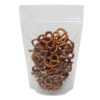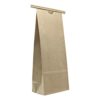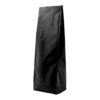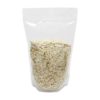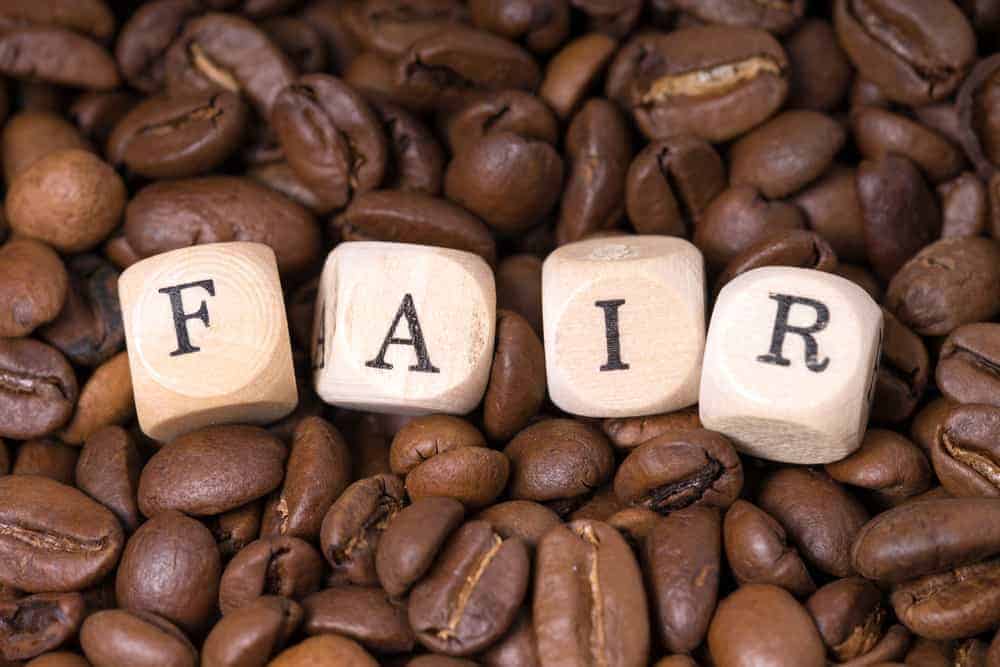Blog
What is Fair Trade Coffee?
“Fair Trade” is a term that we hear more and more nowadays, particularly when it comes to products that are farmed and produced through the agricultural sectors of their countries of origin.
As we move deeper into the twenty-first century, the concept of fair trade within the global agricultural industries is becoming more and more prevalent, and there is a very good reason for it.
In the past developing countries often found themselves at the mercy of the higher-powered, wealthier first-world states. As a result, these counties were often exploited by the more developed regions when it came to the purchasing of exports from these counties.
What Does Fair Trade Actually Aim to Do?
The movement of fair trade is dedicated to assuring that the agricultural industries of developing countries are treated more fairly than they have been in the past. This is done in a number of ways.
The first is to ensure that fair prices are paid for exports. The days when first-world states could exploit developing countries by paying them well below the worth of their exported goods are coming to an end as more and more pressure is put on them to engage in and partake in fair trade activities.
Secondly, the fair trade movement is aimed at not only purchasing exports from developing countries but also at giving back to them through community and social development programmes.
Thirdly, fair trade aims to allow the producers to build a relationship with consumers. No longer are these providers of everyday commodities anonymous farmers who are kept out in the sticks of third-world countries. Through the use of the media and including the fair trade logo on the packaging of these commodities, the concept is being brought to the consumer’s attention, thus allowing for the acknowledgment of these developing societies that are producing our favorite necessities.
Who Are These Developing Nations?
These developing nations are mostly those that produce raw material commodities such as coffee, sugar, chocolate, flowers, cotton, wine, precious metal, handicrafts, and cocoa. These nations not only produce these commodities for export, but also for domestic consumption and use, this is why the concept of fair trade is so necessary. Fair trade helps to create sustainable businesses and industries within these countries and their communities.
Some of these countries include Brazil, Argentina, India, Mexico and Bangladesh. All of these countries are known to produce the best quality raw materials and commodities that are specific to their nations.
Where Does The Coffee Come In?
Fair trade coffees are blends and grounds that have been sourced from exports/imports that are regulated by the fair trade movement. And because fair trade focuses on the developing countries that are known for producing the best quality and most sought-after raw materials and crops, you can rest assured that fair trade coffee is good quality coffee.
The beans will have been sourced from these developing countries under the negotiation of fair trade, and by buying coffee that has the fair trade stamp on it, you know that you are doing your bit to help keep this movement going.
This is especially because coffee is one of the most widely drunk beverages across the globe. So if you are making sure that you are buying only fair trade, then you really are doing your bit to sustain a very large industry within these developing countries.
How Has the Fair Trade Movement Helped Coffee Farmers?
Aside from the fair trade movement negotiating and monitoring fair, in most cases, higher prices, for the exports of coffee from these developing countries. There is also the concept of the Fair Trade Premium.
The Fair Trade Premium is paid to a larger fund for the community in which the coffee and other fair trade commodities are produced. This premium is earned over and above the minimum fair trade market price.
This premium and community fund allows the farmers the capital they need to obtain the resources they need to consistently improve the productivity of their farms and hence the quality of their crops and the raw materials that they produce. This once again shows how buying fair trade coffee, or any fair trade products, is buying good quality products. Also, fair trade coffee farmers across the globe have won countless awards and accolades for producing great tasting coffee.
How do I know if the Coffee I am Buying is Fair Trade Coffee?
All fair trade products will have the fair trade certification stamp on their packaging, which is the first thing to look for. Since there are many agencies across the globe that monitor fair trade, and therefore certify the products of that trade, you will see the name of the agency on the certification stamp.
Still not sure? Do some research. Look further into the agency who has stamped and certified the product as fair trade to find out what their specific role in the movement is and how they go about certifying the product as such. Also look at the regions they work in and what their mission statement is in regards to fair trade and their efforts to its sustainability.
Where Can I Buy Fair Trade Coffee?
Because the fair trade movement is growing within the trade and industry sectors of most of the world’s exporting and importing nations, you should be able to find fair trade coffee at most supermarkets and coffee outlets.
Unfortunately, there are still some cases where fair trade coffee, and other products, are only found in premium grocery stores or coffee outlets, but that is also due to the efforts of fair trade producing higher quality products. So, you can be assured that you are getting value for the extra money you are paying. Also, by making an effort to only buy fair trade coffee, you know that you are doing your bit in helping to build a sustainable and fairly treated global trade and agricultural community.

